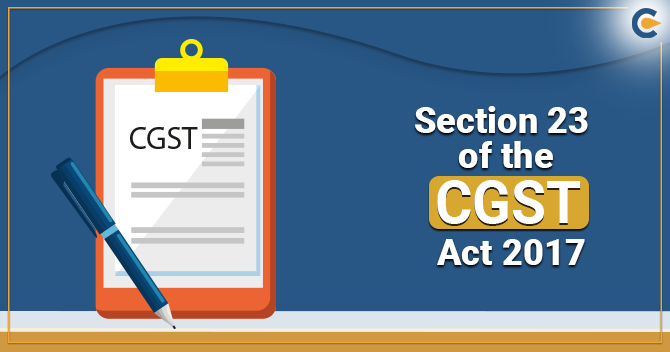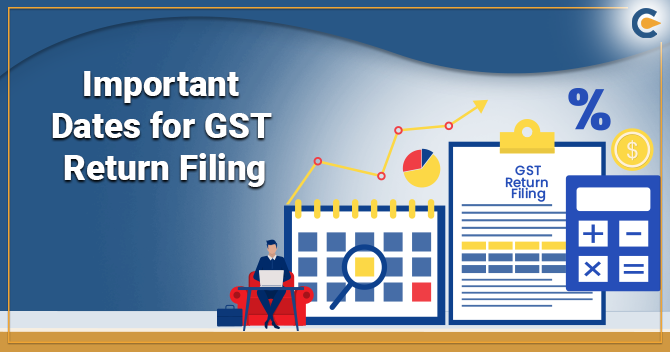A country like India, which is the hub spot for budding freelancers, contributes the most to the financial growth in the freelancing industry economy. The freelancing industry in India has been growing rapidly in recent years, as more people are turning to freelance work as a way to earn a living. According to a report by PayPal, India is the second largest freelancing market in the world, with over 15 million freelancers. One of the reasons for the growth of the freelancing industry in India is the increasing availability of technology and the internet, which has made it easier for people to work remotely from anywhere in the world. Additionally, the pandemic has accelerated the growth of the freelancing industry as more companies and individuals are turning to remote work. The most popular fields for freelancers in India include software development, content writing, graphic design, and digital marketing, fashion, travel, food blogging. There are various platforms for freelancers in India to work on. The freelance market in India is highly competitive, with freelancers from around the world competing for jobs. However, Indian freelancers have a competitive advantage due to their proficiency in English and their ability to offer lower rates compared to their counterparts in the Western world. This article discusses GST Registration for Freelancers.
In many countries, including India, GST (Goods and Services Tax) is levied on the services provided by freelancers. The rate of GST on services provided by freelancers is generally 18%. However, there are certain exemptions and special provisions for small businesses and specific services. As per the GST laws in India, if the annual turnover of a freelancer exceeds a certain threshold (currently INR 20 lakhs), they are required to register for GST and collect the tax from their clients.
What is GST?
Let’s first understand the concept of GST. Goods & Services Tax (GST) is a tax that is levied on the supply of goods and services in India. Freelancers who provide services and earn an income are required to pay GST on their services if their annual turnover exceeds a certain threshold limit.
The threshold limit for GST registration for freelancers is as follows:
- If the annual turnover of a freelancer exceeds Rs. 10 lakhs (for specific areas of North-eastern States) and
- If the annual turnover of a freelancer exceeds Rs. 20 lakhs (for service providers) and
- If the annual turnover of a freelancer exceeds Rs. 40 lakhs (for suppliers of goods).
If the annual turnover of a freelancer exceeds this limit, they are required to register for GST and charge GST on the services provided.
It’s essential for freelancers to understand the GST laws and regulations in their country and comply with them to avoid any legal and financial consequences. It’s recommended to consult a tax professional or accountant for guidance on GST compliance.
Few important points to remember:
- Freelancers can register for GST voluntarily even if their annual turnover is below the threshold limit. This can be beneficial for them as they can claim an input tax credit on the GST paid on their business expenses.
- Freelancers who provide services outside India are not required to pay GST on those services as they are considered as exports and are exempt from GST.
What are the Tax Rates for Freelancers in India?
In India, freelancers are required to pay income tax on their earnings, just like any other individual earning income. The rate of tax applicable to freelancers depends on the amount of income earned during the financial year (April to March).
For the financial year 2022-23, the following income tax rates are applicable to individual taxpayers, including freelancers:
- For income up to Rs. 2.5 lakh: No tax
- For income between Rs. 2.5 lakh and Rs. 5 lakh: 5% of income exceeding Rs. 2.5 lakh
- For income between Rs. 5 lakh and Rs. 7.5 lakh: Rs. 12,500 + 10% of income exceeding Rs. 5 lakh
- For income between Rs. 7.5 lakh and Rs. 10 lakh: Rs. 37,500 + 15% of income exceeding Rs. 7.5 lakh
- For income between Rs. 10 lakh and Rs. 12.5 lakh: Rs. 75,000 + 20% of income exceeding Rs. 10 lakh
- For income between Rs. 12.5 lakh and Rs. 15 lakh: Rs. 1,25,000 + 25% of income exceeding Rs. 12.5 lakh
- For income above Rs. 15 lakh: Rs. 1,87,500 + 30% of income exceeding Rs. 15 lakh
It’s important to note that these rates are subject to change and may vary depending on the individual’s residential status and other factors. Freelancers are also required to file their income tax returns by the due date to avoid penalties and other consequences.
What Is TCS (Tax Collected At Source) Means Under The GST Law?
Under Section 52 of the CGST Act[1], E-commerce operators are required to collect TCS from the sellers or individuals, selling any product or services by using their platform. Similarly Freelancer.in, is a similar such website for the freelancers, registered in India. Thus, they need to collect 1% from the users of the all the payments collected through them. However, the tax is to be collected form the GST registered individuals only. Needless to mention, upwork also collects 1% TCS from all the freelancers, if also the user is not GST registered.
Exemption Limit for GST Registration for Freelancers In India
There is no specific exemption limit for GST Registration for freelancers in India. However, the current GST law mandates that any person who provides taxable goods or services with a turnover exceeding the prescribed threshold limit of Rs. 20 lakhs (Rs. 10 lakhs for special category states) is required to register for GST. This means that if a freelancer’s annual turnover exceeds Rs. 20 lakhs, they would be required to register for GST and pay GST on the taxable supplies they make. If their turnover is below Rs. 20 lakhs, they would not be required to register for GST, but they can still choose to register voluntarily if they wish to. It is important to note that even if a freelancer’s turnover is below the GST threshold limit, they may still be required to register for GST if they provide services to clients located in different states, as this would be considered an inter-state supply of services and would require GST registration for Freelancers.
In summary, there is no specific exemption limit for GST Registration for freelancers in India. However, they would be required to register for GST if their annual turnover exceeds Rs. 20 lakhs or if they provide inter-state supplies of services.
Conclusion
In summary, freelancers are required to pay GST on their services if their annual turnover exceeds the threshold limit. However, if their turnover is below the limit, they can voluntarily register for GST to claim input tax credit on business expense. Overall, the freelancing industry in India is expected to continue to grow as more people embrace remote work and companies look for cost-effective ways to get work done.
Also Read:
GST Online Registration Process: A Complete Guide













